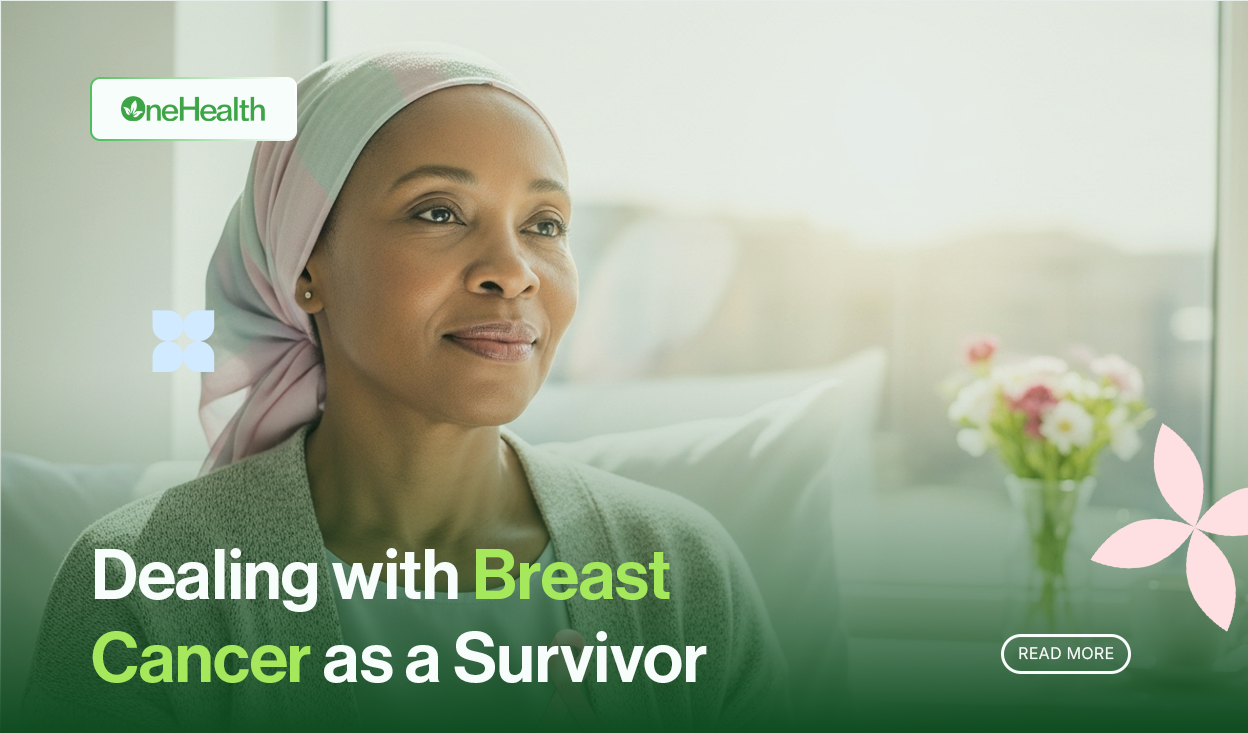Healthy Lifestyle Choices: A Key to Cancer Prevention
Medically Reviewed by Pharm. Emmanuella Oladeni
Written by Ella Oladeni

Healthy lifestyle choices play a crucial role in cancer prevention. While not all cancers can be entirely prevented, adopting a healthy lifestyle can significantly reduce the risk of developing many types of cancer. Here are some key factors to consider:
DIET.
Plant-Based Diet: A diet rich in fruits, vegetables, whole grains, and legumes provides essential vitamins, minerals, antioxidants, and fiber, which are associated with a lower risk of various cancers.
Limit Red and Processed Meats: High consumption of red and processed meats has been linked to an increased risk of colorectal and other cancers. Choosing lean protein sources and incorporating plant-based protein alternatives can be beneficial.
PHYSICAL ACTIVITY.
Regular Exercise: Engaging in regular physical activity has been shown to reduce the risk of several types of cancer, including breast, colorectal, and endometrial cancers. Exercise helps maintain a healthy weight, strengthens the immune system, and promotes overall well-being.
TOBACCO AVOIDANCE.
Smoking Cessation: Tobacco use is a leading cause of various cancers, including lung, mouth, throat, esophagus, and bladder cancers. Quitting smoking is one of the most effective ways to reduce cancer risk and improve overall health.
MODERATION IN ALCOHOL CONSUMPTION.
Limiting Intake: Excessive alcohol consumption is associated with an increased risk of cancers such as breast, liver, colorectal, and esophageal cancers. It's important to moderate alcohol intake and, for some individuals, consider abstaining from alcohol altogether.
SUN PROTECTION.
Skin Cancer Prevention: Protecting the skin from harmful ultraviolet (UV) rays can prevent skin cancer. This includes using sunscreen, wearing protective clothing, and avoiding prolonged sun exposure, especially during peak hours.
VACCINATIONS.
HPV Vaccination: Human papillomavirus (HPV) is a known risk factor for cervical and other cancers. Vaccination against HPV is recommended, particularly for adolescents, to reduce the risk of associated cancers.
REGULAR SCREENINGS
Early Detection: Regular screenings for certain cancers, such as mammograms, Pap smears, colonoscopies, and prostate exams, can help detect cancer at an early, more treatable stage.
STRESS MANAGEMENT.
Promoting Mental Well-Being: Chronic stress has been linked to an increased risk of cancer. Adopting stress management techniques, such as mindfulness, meditation and relaxation exercises, can contribute to overall health.
It's important to note that these lifestyle choices are interconnected, and adopting a holistic approach can yield the greatest benefits. Additionally, individuals should consult with healthcare professionals for personalized advice based on their health status and risk factors. Overall, making informed and healthy lifestyle choices can significantly contribute to cancer prevention and overall well-being.
Strategic Responses to Pharmaceutical Withdrawals & Drug Shortages in Nigeria
Download the report on the analysis of the pharmaceutical industry’s response to regulatory & market pressures.

Did you find this helpful?

More related topics
One Email, One Free Discount, One Free Delivery Every Week
We’ll Send You a Love Letter Every Week.
Get honest feedbacks and recommendations to improve your health. Plus free weekly vouchers and discounts.


Don’t Self Medicate o!
Ask a Pharmacist Instead



